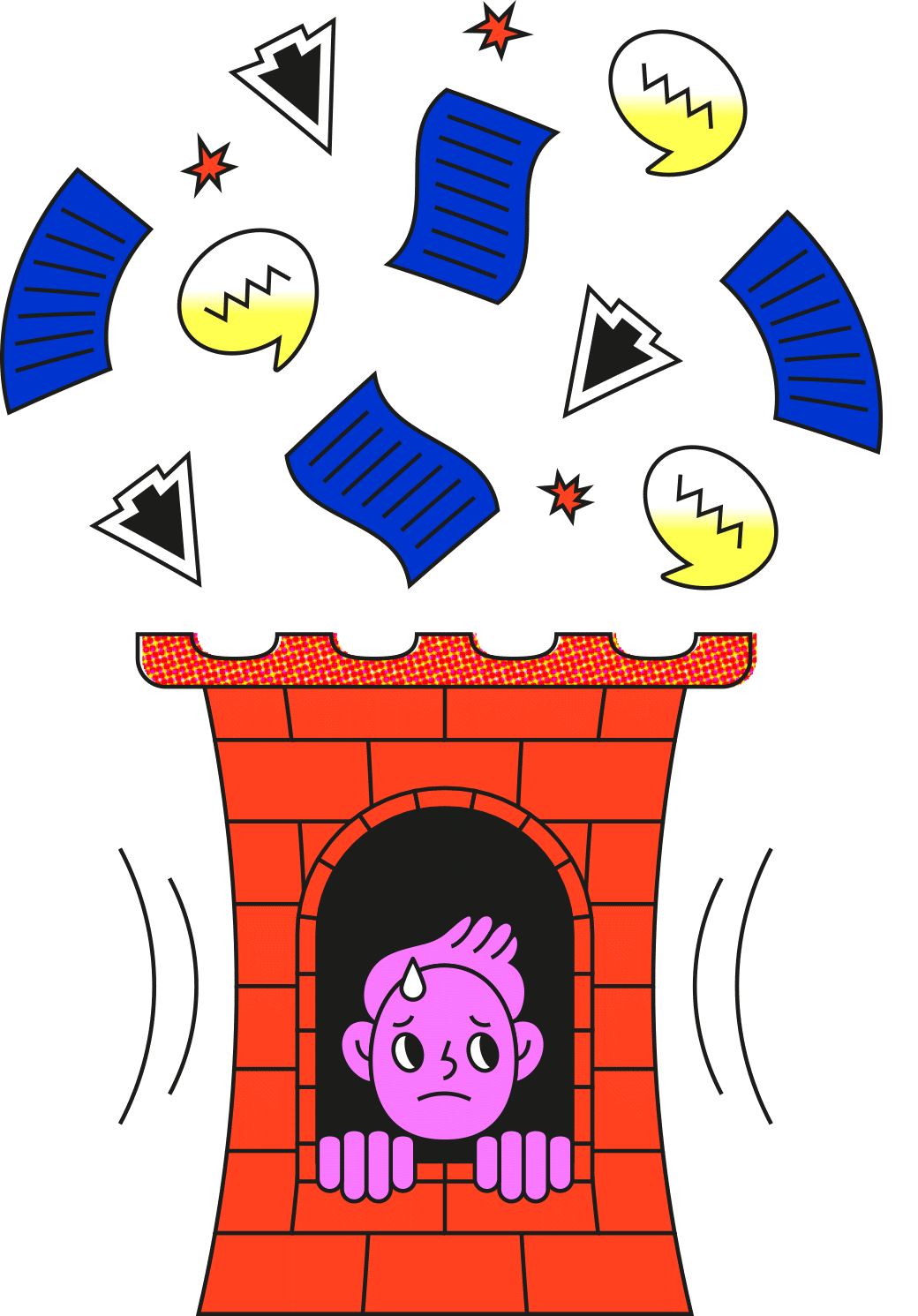Conversations
When you or your fellow agents
made a mistake
Everyone makes mistakes; we are all human after all. But while it’s easy to make a mistake, it can be incredibly difficult to admit it. Especially when it’s professionally, and it’s something that all of your other colleagues can see — and the customer. If you’ve responded to a customer and made a mistake or given incorrect information in your last email, the best policy is always going to be honest: admit to the mistake and be transparent about why you made it.

It will make the customer see you as slightly more human, and defuse any of the potential anger than they might have been feeling towards you. Here’s an example of what you could say to someone reaching back out to you to let you know you’d messed up:
Hi,
Thanks for reaching back out. I looked into what you mentioned about [whatever you said that was wrong], and it turns out you’re right! I’m sorry that I provided you with the wrong information; it seems like we’d had some switches in policy here and I wasn’t aware. I’m glad that you found the right answer!
Either way, I know how frustrating it can be to have your time wasted, so I apologize for being a cause of that. Thanks for giving me a heads up, and let me know if there’s anything else that I can help you with.
Thanks!
This exhibits a level of humility while still also obviously trying to let the customer know that you are there for them in the event that they need help in the future. The customer knows you are wrong. If you admit it gracefully and with tact, they’ll take it better than if you tried to cover it up and blame it on them — plus, that’s just bad support!
to speak with a manager